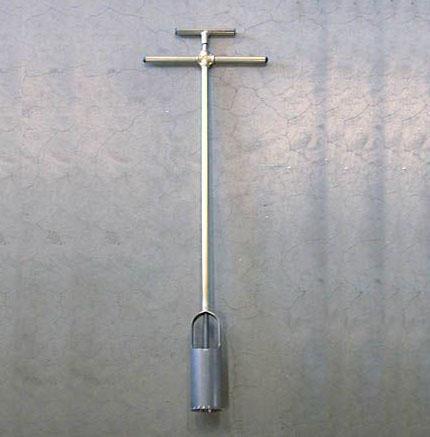
Root research is executed to improve the insight in the possibilities for root growth (depth and concentration) of the root system of trees and plants. In general it is important to all plants to have a dense and extensive root system in the soil. An extensive root system allows the plant to benefit from a […]
Root research is executed to
improve the insight in the possibilities for root growth (depth and
concentration) of the root system of trees and plants. In general it is
important to all plants to have a dense and extensive root system in the
soil. An extensive root system allows the plant to benefit from a large
volume of soil. If sufficient quantities of nutrients and water are
present the absorption will be larger if the root system is more
extensive. Measuring the root system also is a useful means of
localizing physical and/or chemical barriers in the soil profile.
If
the root system researched deviates substantially from an ‘ordinary’
root system, then this is usually due to the following profile
characteristics:
The single root auger is used to take undisturbed samples for root investigations in soils with low penetration resistance. Samples with a length of 15 cm can be taken to a depth of max. 1 m.